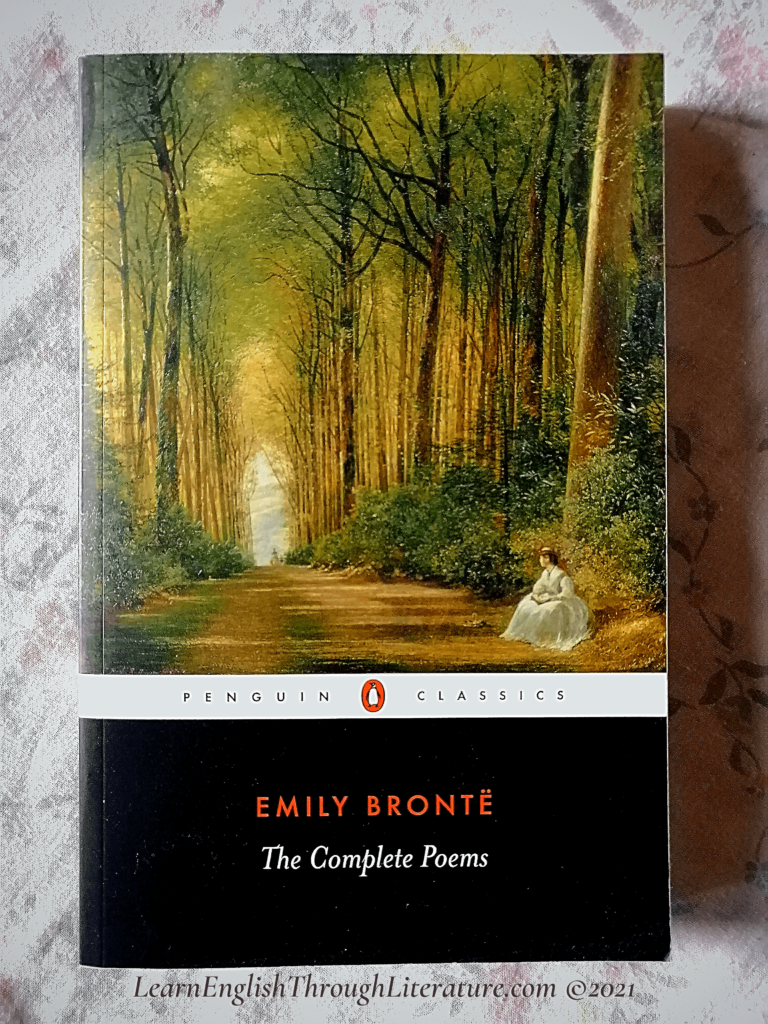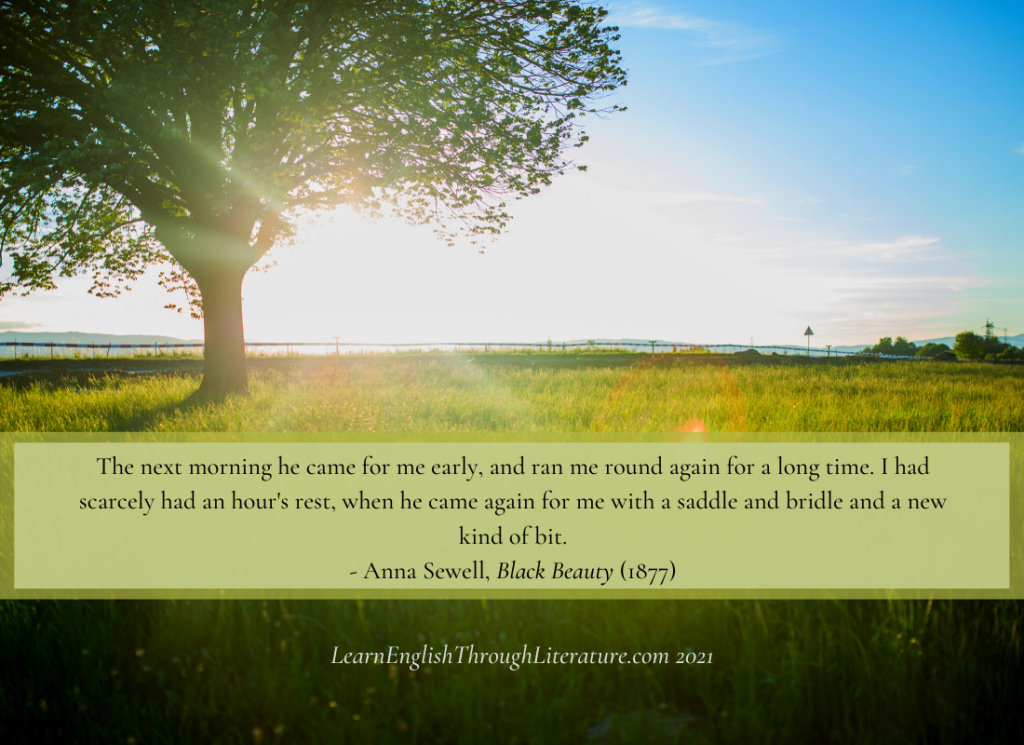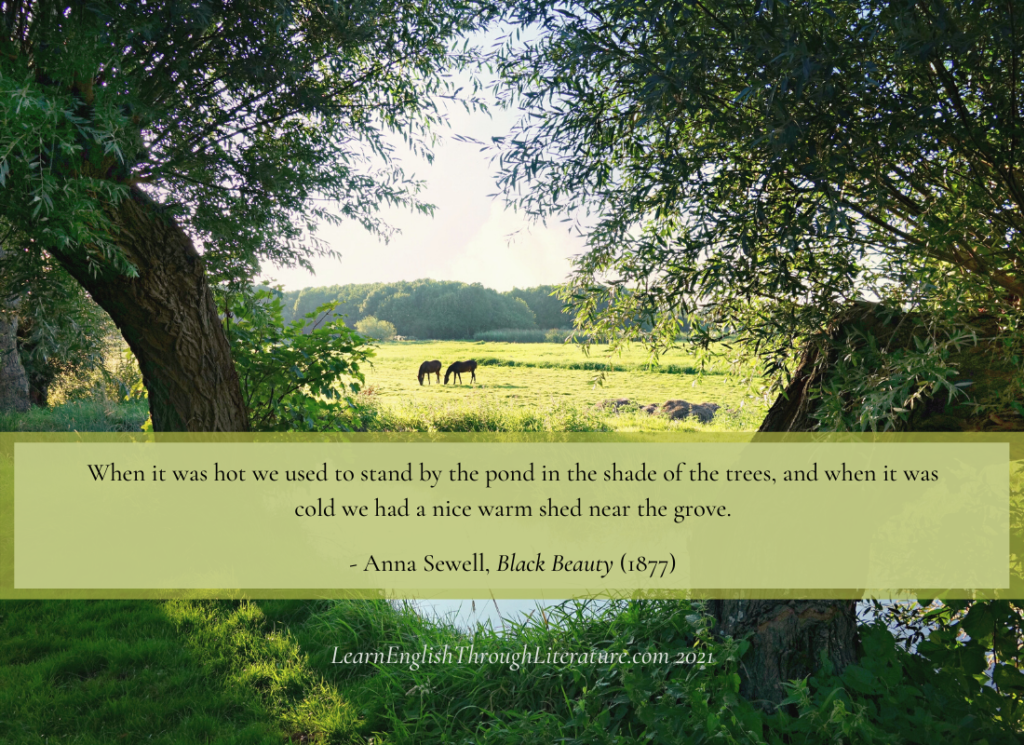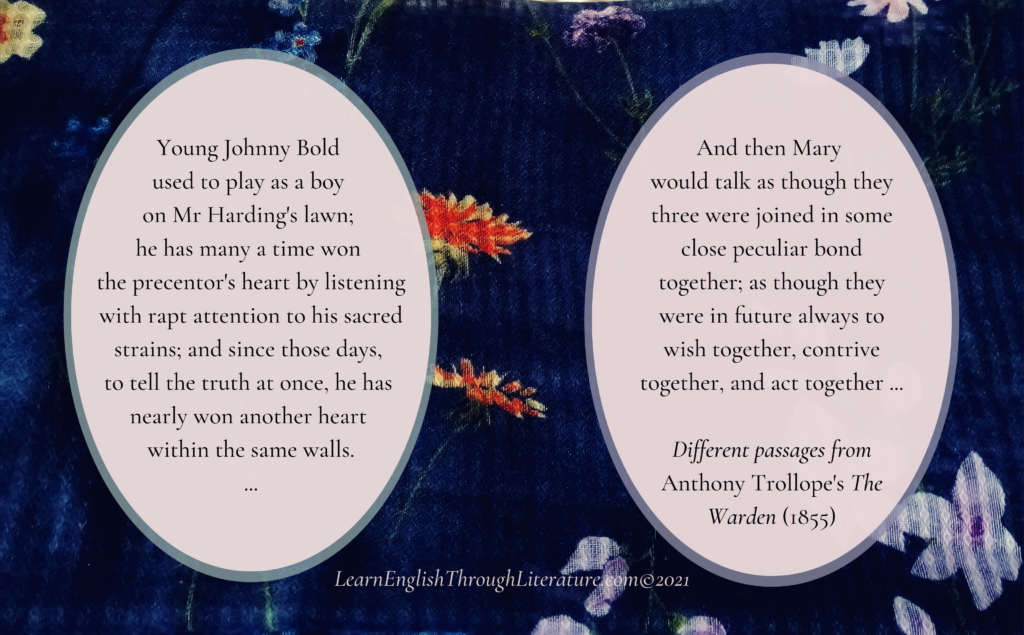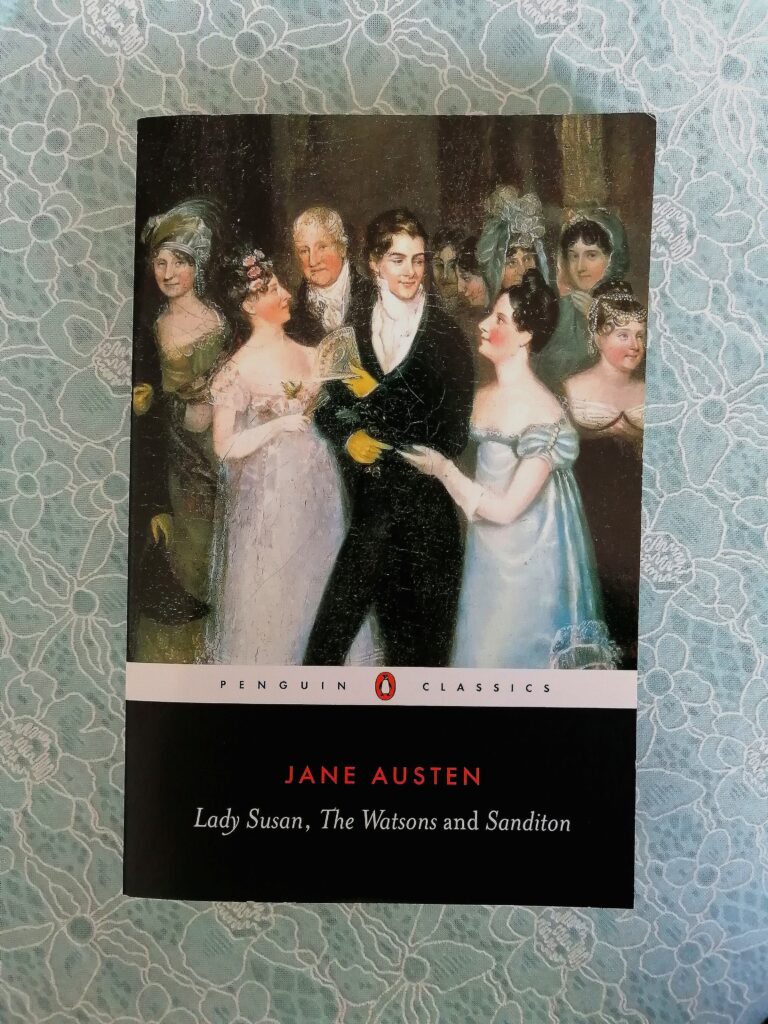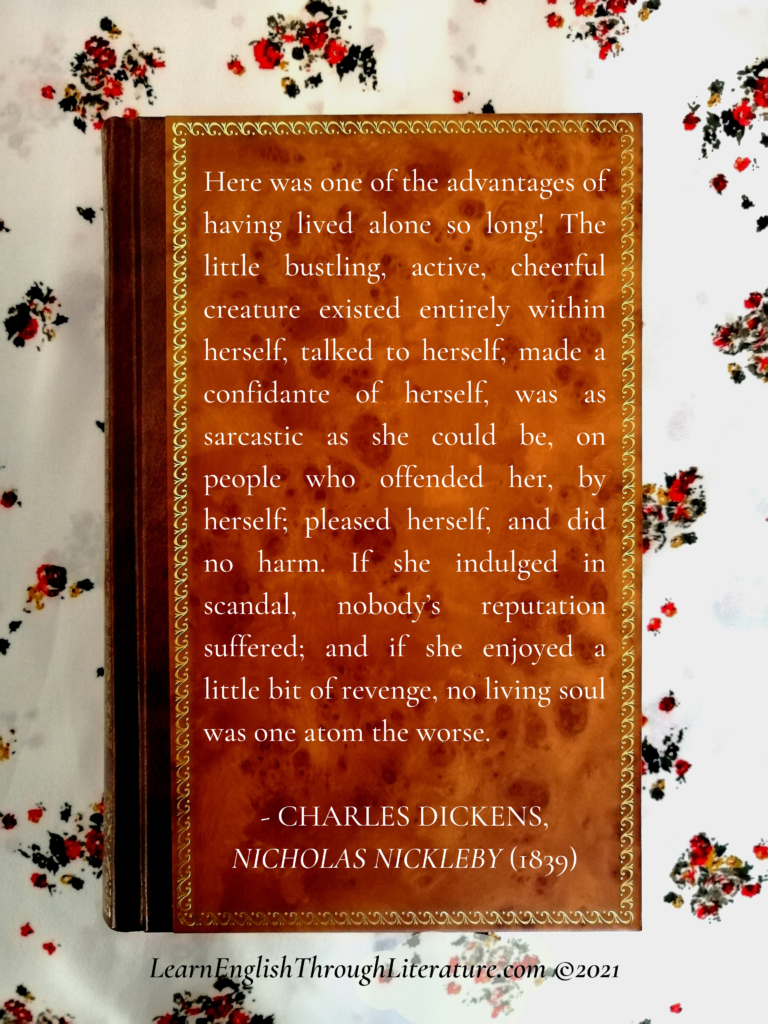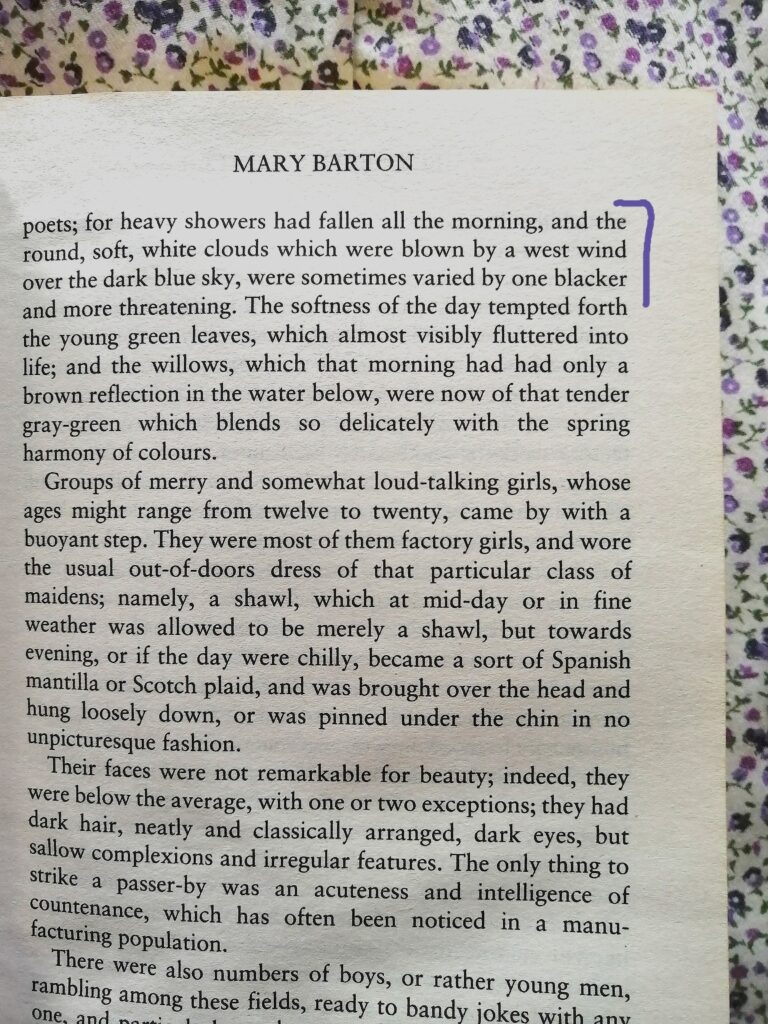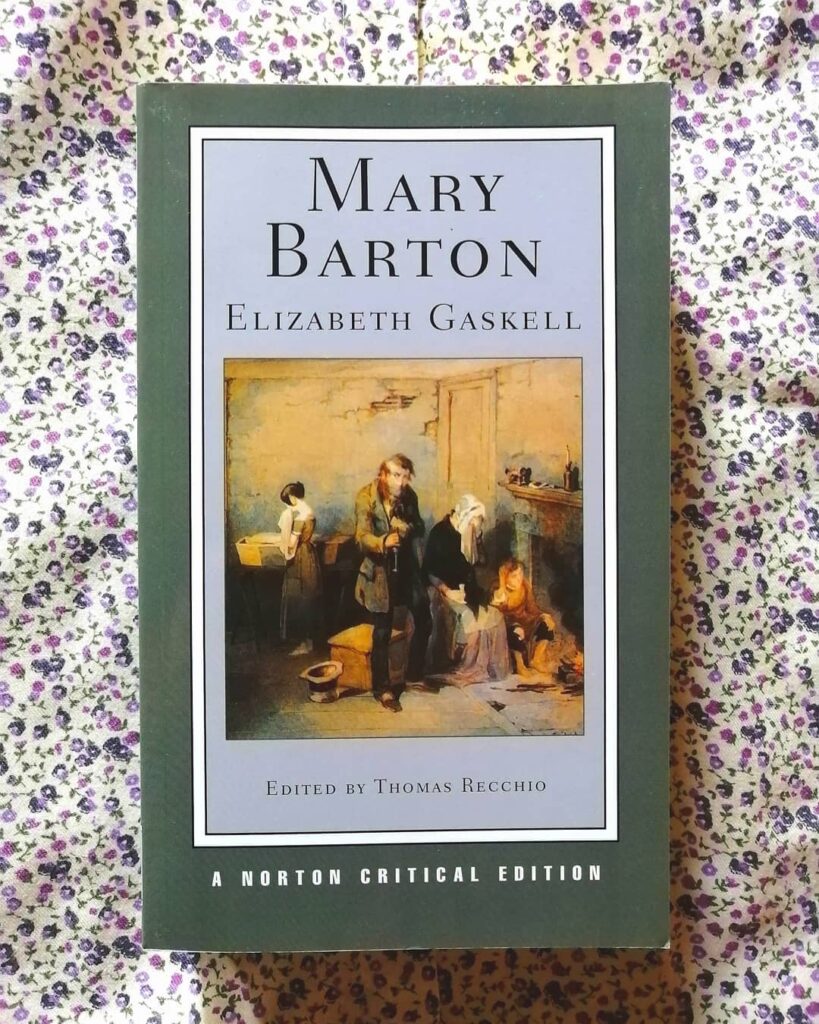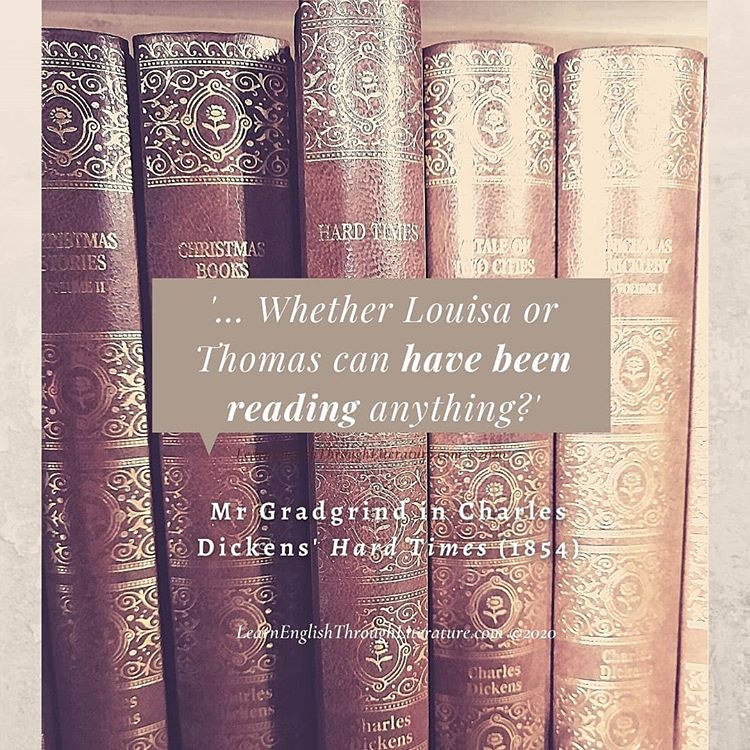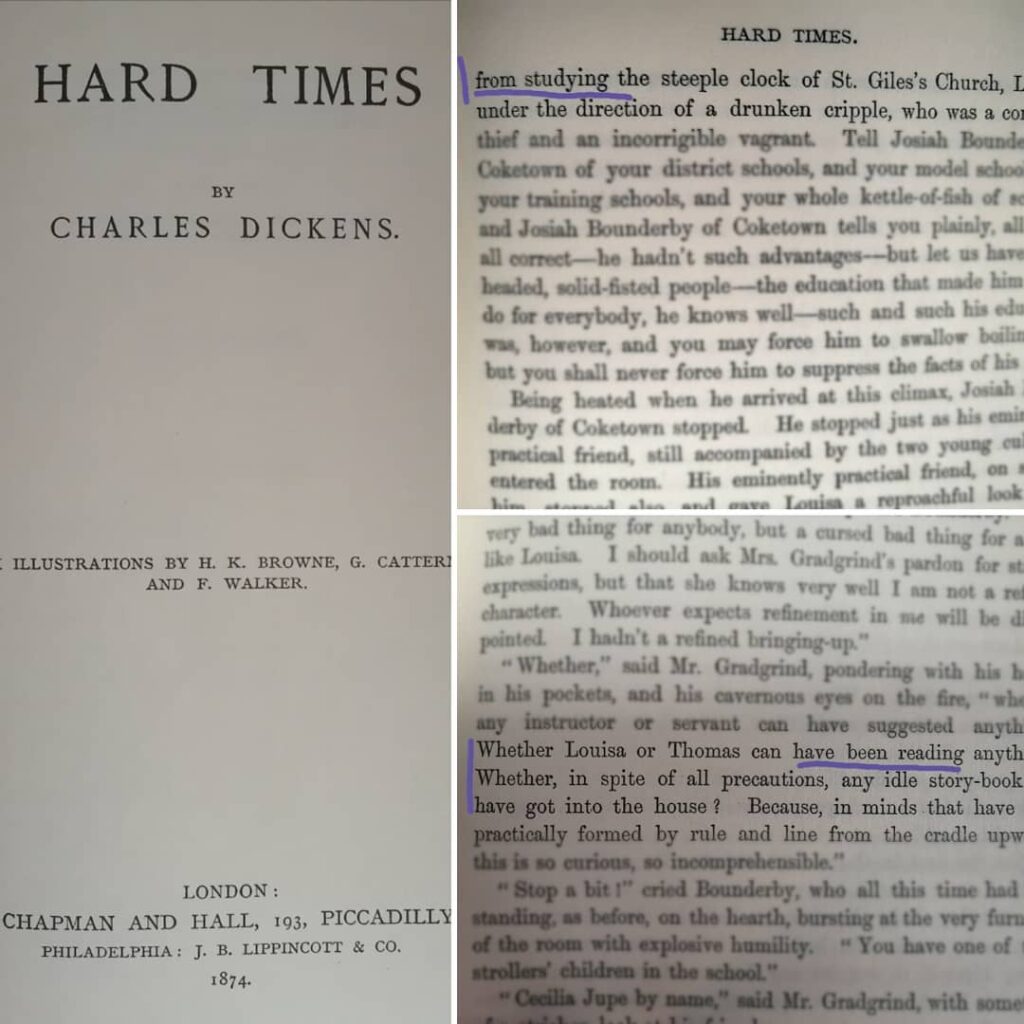Lesson #224: Reflecting on Emily Bronte’s Poem ‘Plead for Me’ (including new vocabulary list)
If you have been reading these Lesson posts for some time, you may remember how much I like Emily Bronte’s poetry. She was a poet I discovered only in the last few years, and I wonder how I could have been reading literature for so long and yet not have read her poetry before! I […]

